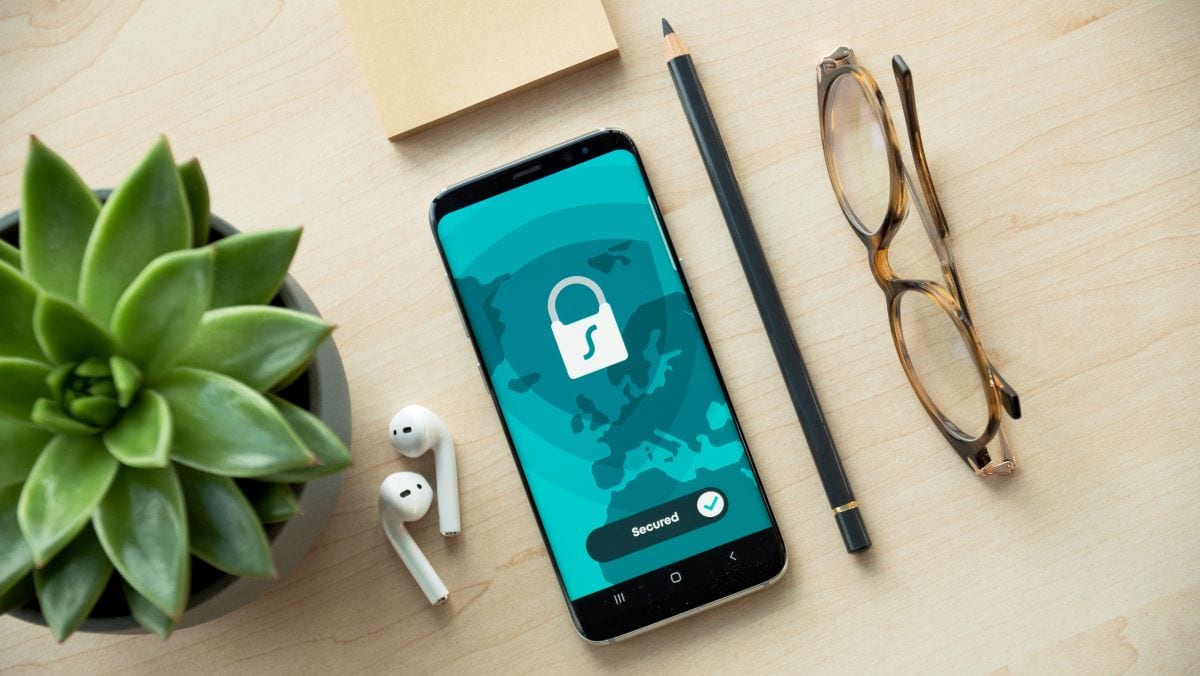Will Passwords Soon Be A Thing Of The Past?

The landscape of digital security is changing all of the time. Hackers are becoming more and more sophisticated with every day that passes, which means that we simply cannot afford to remain stagnant. We need to make a conscious effort to patch all possible security vulnerabilities, and many believe that passwords are a major problem!
To ensure that your business is up to date with all of the latest security efforts, you need to team up with an experienced IT company, such as Haycor IT support. Businesses like this can help to make sure that you’re using the latest methods and approaches, giving your business the best possible protection. Plus, all businesses are different, and this is why a bespoke approach is a must. Security is not a one-off thing; it is something that needs to be addressed all of the time and the security approach must be layered, meaning a range of different tactics are used to ensure the highest possible level of protection.
With that being said, let’s take a look at the use of passwords in further detail so that we can understand the concerns and what steps may be taken to move forward in this area.
Choose your password
Nowadays, it’s constantly drummed into us that we need to protect ourselves online and choose our passwords wisely. Most companies offer a feature telling you how weak or strong your password is as you compose it. Yet, did you know that 8.5 per cent of people use either the word ‘password’ or ‘123456’ as their password? In fact, 40 per cent of people have a password that features in the list of the Top 100 Passwords, with ‘iloveyou’ and ‘abc123’ being some of the most popular.
So, whilst the tech-savvy user may construct their password using a random sequence of numbers, unique characters and letters, it appears that most people are doing very little to make their password not guessable. Even so, with intelligent hackers ready to pounce, even those with complex passwords can suffer.
What’s the alternative?
It seems digital profiles may be the way forward. We have long toyed with the idea of using biometrics, such as a fingerprint reader or some method of voice identification. The problem with this is that such technology is buggy and expensive. Because of this, no one uses them, and consequently, they are never improved nor do they become cheaper. So, it’s unlikely that this will be the immediate solution – although we shouldn’t rule out biometrics being used in the future.
Instead, online identity verification will likely be a natural transition. This may well include the use of passwords, but passwords will only make up a very small portion of the identification system. The multifaceted process will be based on everything from where we go, to when we go there, to who we are, to what we do, to what we have with us and how we act when we are there. We already see this on a small scale with the security measures that are in place to identify an unusual pattern in an individual’s shopping behaviour, such as excessive spending.
- Protect yourself now
- But for now…
- Never use the same password twice
- Use long passwords
- Use all authentication methods offered
- Don’t use a dictionary word
- For password recoveries, use a secure and unique email address
- Give bogus answers to security questions
So there you have it: an insight into some of the worries and concerns regarding passwords. When you consider this, it is not hard to understand why we may end up embracing different solutions, such as a digital profile. We have already seen the move to two-factor authentication so that people have to do more than input a password to gain access to a system. However, we should not expect this to be the final change when it comes to enhancing security. More still needs to be done. For now, though, make sure you’re using strong passwords and you are changing them on a regular basis too. Plus, consult with an IT expert to ensure that your business is protected.









Leave a Reply
Want to join the discussion?Feel free to contribute!